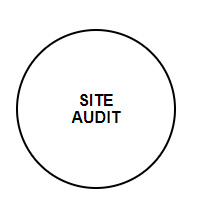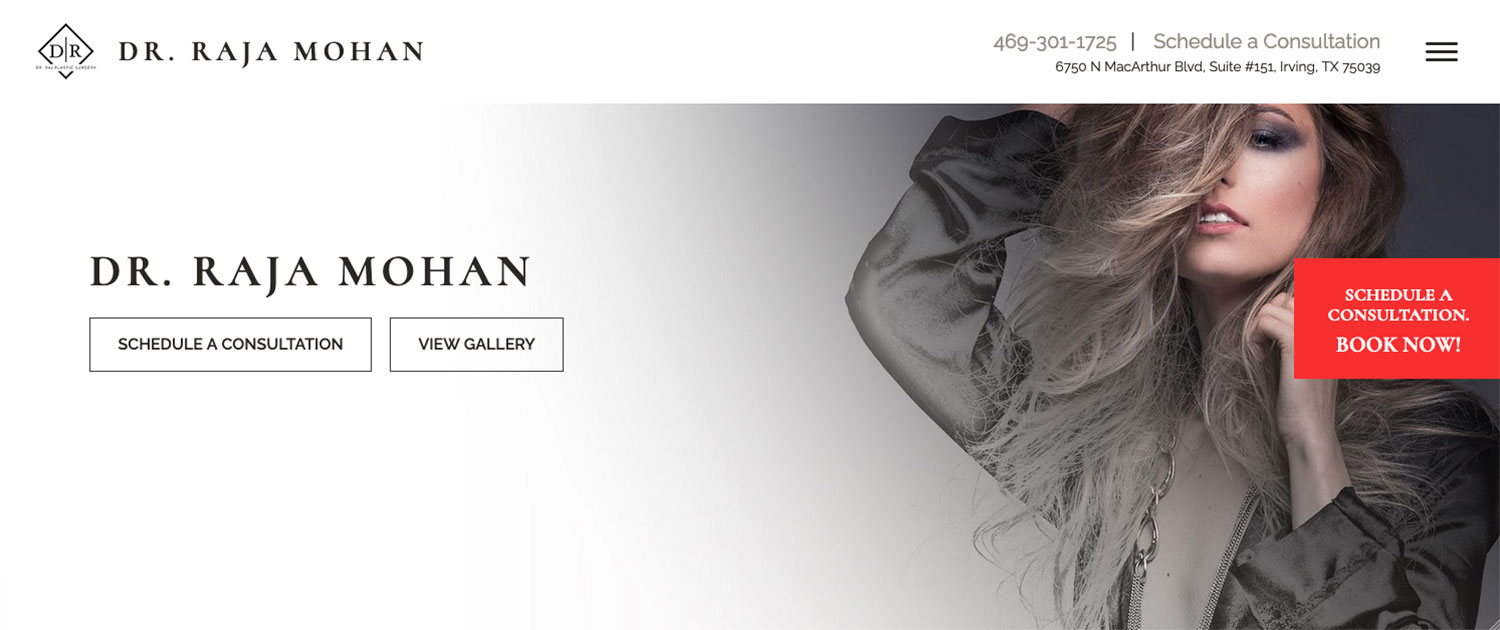LEARN ABOUT KOHANA MEDIA
Kohana Media LLC was created in June of 2009 by Mario Urrutia and has over 27 years of internet marketing experience.
It was established because of the need for a truly boutique website and internet marketing company. Kohana Media believes that the client should be represented with their needs coming first.
We are exclusive to only one plastic surgery practice per area, most of the time per state. We do not need to handle all your marketing needs.
Consider us an a-la-carte or full service agency!
We work with select clients on a very exclusive basis. Kohan media is an innovative internet marketing firm, who offers search engine optimization, custom website design, email marketing, content marketing and consulting, to manage all necessary components of your internet strategy.
If you are looking for a Boutique Internet Marketing company who creates custom SEO strategies and is always in the know of the newest internet strategies, please feel free to contact us.
ABOUT MARIO URRUTIA
Mario enjoys surfing and Jiu Jitsu and all things outdoors. He attended the University of San Diego and graduated in 1995 with a degree in Humanities with a double emphasis on philosophy and history.
Having lived and traveled through USA, Mexico, Central America and South America, Mario finally settled down in Las Vegas in 2020 and is focused on growing Kohana Media and making sure his clients are always on the first page of Google results.







